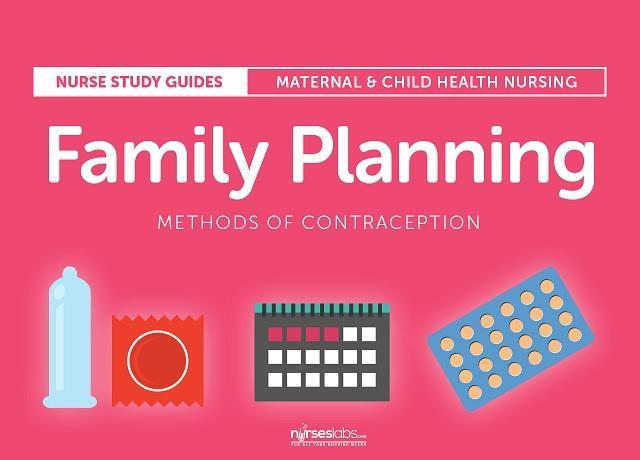
A cross section of women in Abuja recently expressed diverse views on the use of contraceptives. Some of the women in separate interviews said that family planning was a necessity, yet a hectic journey. Some said they found pregnancy prevention methods safe, while others said they steer clear because of the side effects.
Mrs Benita Sampson, a civil servant, said that her family planning method had been helpful because she does not have the fear of unplanned pregnancy.
“I use Nexplanon which is the arm birth control implant. I replace the implant every three years which is convenient for me.
”I sometimes forget I’m wearing it; it has been good because, unlike some other women, I usually see my menstrual cycle without hitches.
“It is, however, not a bed of roses. In September 2022, I went to replace my old implant and experienced bleeding for a month.
“The gynaecologist, however, told me that my body was just adjusting to the implant since I just finished a dose and was starting another.
“My menstrual cycle normalised after two months of that experience and I’ve been fine since then,” she said.
Mrs Chinonye Nwokenna, a mother of four, said she had an implant placed under her armpit for five years but had to remove it because she was gaining so much weight.
Nwokenna said she opted for the injection contraceptive which was taken every three months, but noted that it had its side effects.
“I had to remove the implant in my arm because I was gaining so much weight. I take the injection once in every three months, but I usually come down with headache.
“I prefer the injection; the headache is not serious and is better than gaining weight,” she said.
Mrs Joy Omoyeni, a housewife, said she was on the implant contraceptive for three years but still conceived her last child.
Some women have, however, kicked against any form of contraceptives which they believe is not necessary and should not be encouraged.
Mrs Esther Ojukwu, a civil servant and mother of seven, said she would not go for any kind of family planning as it is against her religious beliefs and faith.
“I am a Catholic and the Catholic faith does not encourage family planning. I try in my own possible way to avoid getting pregnant, but if it happens, I have no choice,” she said.
Mrs Jane Nnoli, a mother of three, said she would never engage in any form of family planning because of the side effects associated with the procedures.
Nnoli said that she prefers to abstain or use the withdrawal method as her husband does not enjoy the use of condom.
“I am afraid of family planning be it the implant, injection or any other form of family planning that has the ability to alter the way our body functions.
“I believe these contraceptives have long term effects on the user which the health care providers would not want to disclose.
“I am more comfortable with the withdrawal method or abstinence from sex during my ovulation period,” Nnoli said.
Meanwhile, a Senior Community Health Officer, Mr Sabo Sunday, has advised women to use the Long Acting Reversible Contraceptives (LARC), as it is considered the most effective method of family planning.
“We advise women to use the Long Acting Reversible Contraceptive Method. Although it is a hormonal contraceptive, it is reversable whenever you decide to do so, and it has a better advantage in women.
“The implants are the most effective forms of reversible birth control available. They are more effective than birth control pills, the patch or the ring.
“The benefits include cost effectiveness, few contraindications, few side effects and privacy; they are also rapidly reversible,” he said.
Mrs Roseline Egudu, a Nurse, told NAN that family planning in women helps to alter their regular reproductive system, adding that some tests are carried out before placing them on their preferred choice.
“Tests are usually carried out on the women before starting them on their preferred family planning. Some women bleed for weeks depending on the contraceptive while others take a long time trying to conceive when they are eventually ready.
“Few women experience memory loss, nausea, breast tenderness, heavy bleeding, headaches, weight gain, mood changes, prolong or irregular menstrual flow, among others, as side effects to these contraceptives while others experience nothing.
“Family planning has helped a lot of families in the spacing of their children and also in the avoidance of any pregnancy that is not needed, but in some cases that does not work as some women get pregnant,” Egudu said.
She said that the use of birth control pills usually stops ovulation, adding that it changes the lining of the womb which makes it difficult for fertilised eggs to be implanted.
(NAN)













